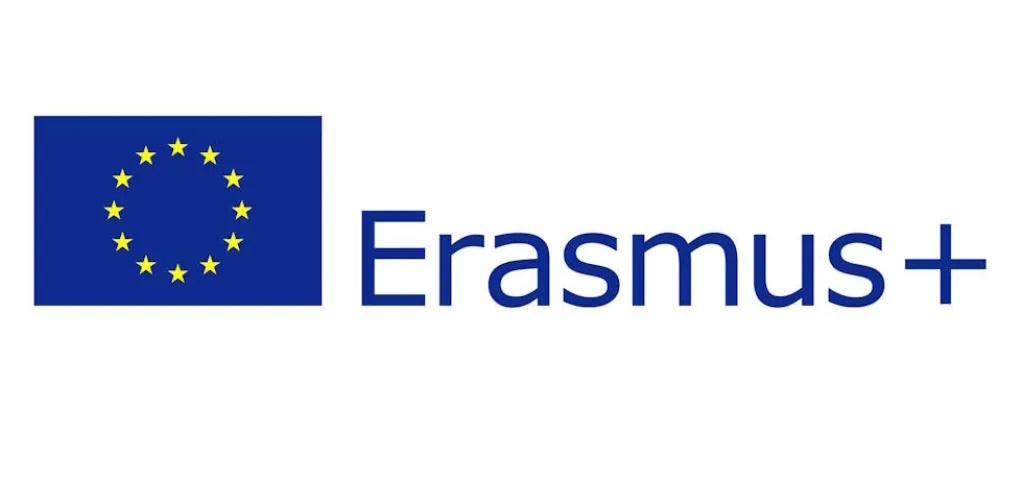
Erasmus General
The Department of Agriculture encourages the mobility of students for studies and internships through the Erasmus Programme and cooperates with 14 Universities of the European Union and Turkey. The institutions where students can carry out internships are Higher Education or Research Institutions and companies in the field of Agriculture. The terms and conditions for the mobility of students through Erasmus programmes for studies and internships are detailed in the Mobility Regulation (B20), and include:
- Candidates must have completed the first two semesters of their studies and have passed 70% of the previous years' courses at the time of application.
- Their average analytical score must not be less than 6.5. In other cases, sufficient justification shall be provided.
- Language proficiency: the student is assessed in the language of instruction of the host institution. Additional knowledge of a foreign language will count towards the final assessment.
- Personal interview: the candidate's motivation to participate will be assessed.
In addition to the above mentioned conditions-criteria, students wishing to carry out an Internship through the Erasmus Programme during the 10th semester of the regular programme or later, may submit an application under the conditions set out in the Internship Regulation (B20), i.e:
(a) have completed at least the 8th semester of the regular curriculum,
(b) declare the organisation providing the internship, the relevance of which is decided by the Internship Committee,
(c) have a maximum of 24 credits (theory and/or laboratory) from the first eight (8) semesters of the curriculum.
In case a selection is required due to a large number of applications, the Erasmus and International Relations Committee will evaluate and rank the student applications. The evaluation will take into account academic performance (grade point average, number of courses successfully completed), semester of study (students in their final year of study at the date of application have priority), language proficiency level, the motivation for the mobility (through the personal interview) and other biographical data and any previous mobility of the student through the Erasmus programme (priority will be given to those who have not moved in the past), following the marking scheme indicated on the website http: //erasmus. uop.gr/index.php/-erasmus of the University of Peloponnese.
Among the conditions provided for the mobility of students through the Erasmus programme are: Students applying for mobility through the Erasmus programme may withdraw their application, without penalty, until the end of the personal interview. In case of cancellation of the application after the announcement of the results, the student will not be eligible to participate in future actions of the Programme. Their application is binding and cannot be cancelled unless there are serious reasons (with justification).
Accommodation and food issues in the host country are the responsibility of the students. The scholarship does not cover all travel costs, but only part of them. The Erasmus programme covers travel costs (tickets for travel to and from the host country) up to a total of EUR 400 per person. Students from socially vulnerable groups (determined on the basis of individual and family income and family status) are entitled to a supplement of EUR 100 per month on top of the monthly grant. Additional costs incurred during the mobility of students with special needs are also subsidised on the basis of actual costs.
The results of their academic performance will be evaluated on the basis of the analytical marks they will provide after the end of their placement. The mobility is considered successful when the student has passed courses equivalent to half of the ECTS (e.g. 15 ECTS when a total of 30 ECTS is foreseen for a semester mobility) which are declared in the Study Agreement. Otherwise, the Foundation reserves the right to request reimbursement of part or all of the scholarship amount.
Students are informed through announcements on the website of the Department of Agriculture and the website of the University of Peloponnese, through the organisation of information meetings with the Academic Directors of the Department of Agriculture on the Erasmus Programme and through the communication of students with the Academic Advisors of the Department of Agriculture.
- Bilateral Agreemnets with Universities - Erasmus UOP - Mobility Regulation - Communication
-
Associated Universities (2024)
Erasmus Agricultural Bilateral Agreemnts with Universities
University Of Peloponnese Erasmus Program
Communication: Mrs Mary Kotsifaki m.kotsifaki@uop.gr
Mrs Stavroula Babali international@us.uop.gr

